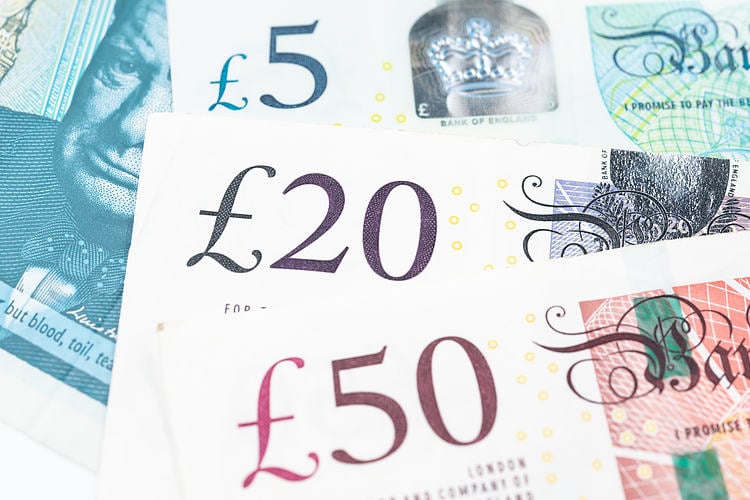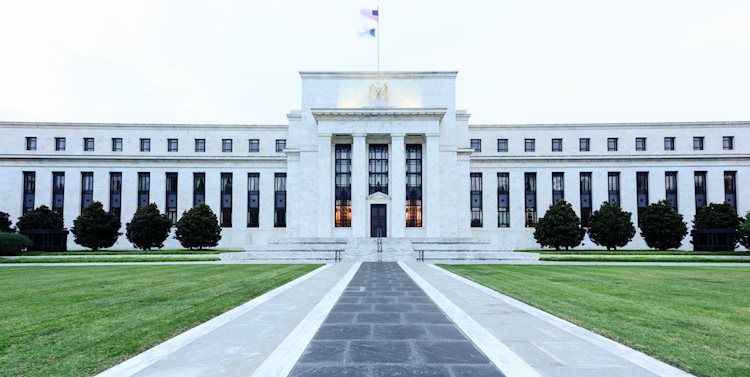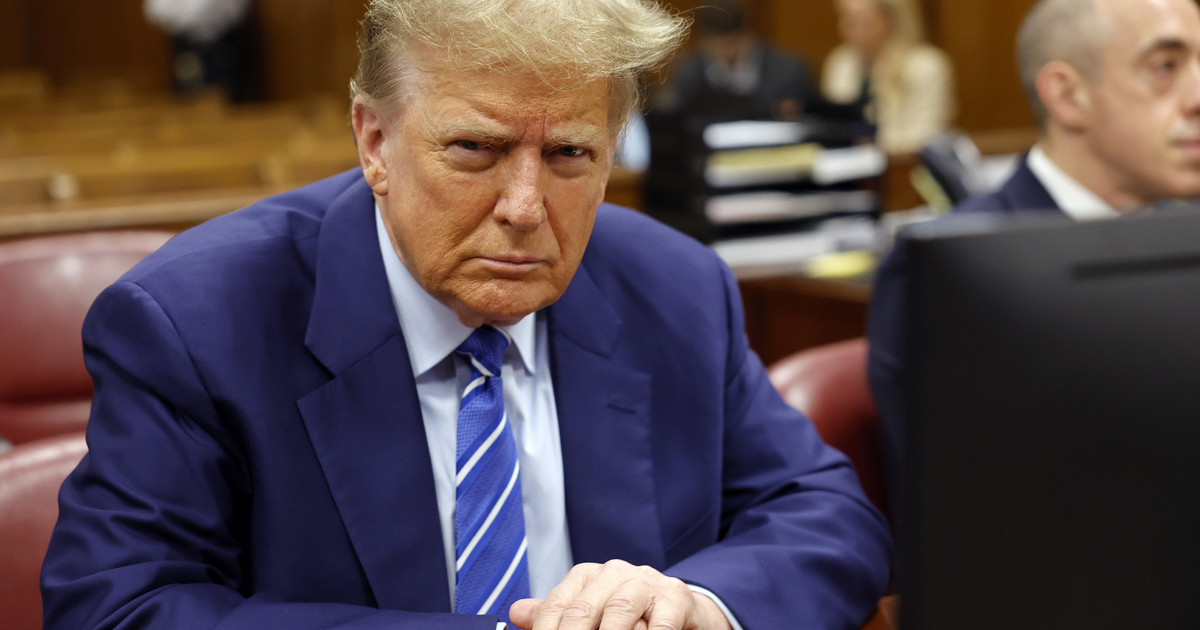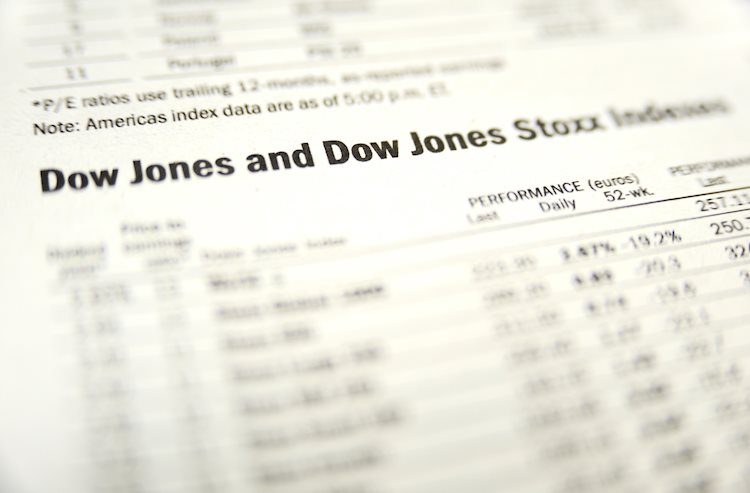The National Health Surveillance Agency (Anvisa) authorized the immunization of children aged 5 to 11 years with a new version of the Pfizer vaccine against covid-19.
The Ministry of Health, however, postponed to January 5 the decision on whether or not to incorporate the immunizing agent into the National Immunization Program.
Although celebrated by experts, the opinion of Anvisa generated a wave of attacks and threats against servers and directors of the institution.
The president of the republic, Jair Bolsonaro, even disclosed the names of the directors of Anvisa who approved the vaccine.
Historically, Brazil is a reference in vaccination and, today, it offers 18 different types of immunization agents for children and adolescents.
The strategy is linked to reducing deaths from infectious and parasitic diseases.
In 1930, they accounted for 45.7% of deaths, dropping to 5% in 2010. But since 2015, the drop in coverage has been a concern.
An example is measles, eradicated from the country in 2016, which reappeared in 2018.
The vaccine against childhood paralysis, which surpassed the 98% mark, in 2020 dropped to 75%.
To help us understand the causes of the problem and the importance of ANVISA’s decision, participating in this episode are Renato Kfouri, pediatrician and immunologist, director of the Brazilian Society of Immunizations, and Dirceu Barbano, pharmacist and former president of the National Health Surveillance Agency
This episode is sponsored by Binomo, click here and learn more.
Reference: CNN Brasil






